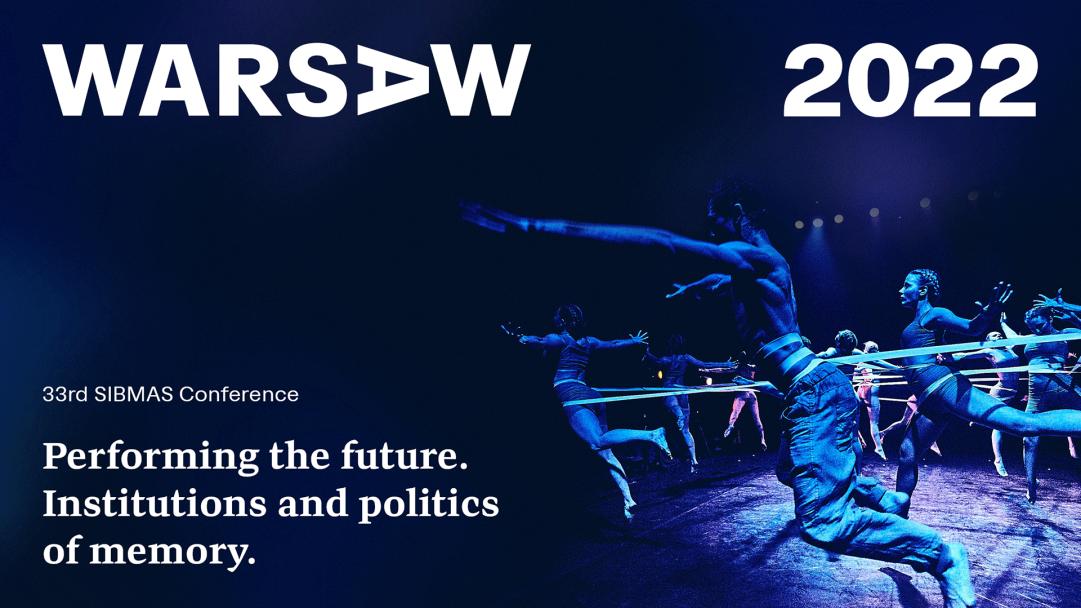

Warsaw 2022
Performing the future33rd Conference
7-10 June 2022
Warsaw Theatre Institute.


33rd Conference
7-10 June 2022
Warsaw Theatre Institute.
Performing the future. Institutions and politics of memory
Being a user of a library, an archive or a museum always means – whether we want it to or not – entering a political arena. The institutions which gather, organize and disseminate information about the past are powerful participants in building a cultural self-image. Of course, this situation also applies to institutions dealing with theatre and performing arts and its heritage.
“The word theatre comes from the Greeks. It means the seeing place. It is the place people come to see the truth about life and the social situation. The theatre is a spiritual and social X-ray of its time. The theatre was created to tell people the truth about life and the social situation.”
—Stella Adler
Many accepted cultural rules reflect a certain hierarchy and system of innate values. Some cultural texts, genres, images, artworks and voices are privileged while others are marginalised or simply disappear from the field. Within this dynamic institutions are not solely passive puppets. They can actively participate in shaping the rules by which they operate and they can open the dialogue for discussion, commentary and negotiation on how and what we collect and exhibit. The way institutions manage and narrate history directly influences the future that they themselves help to design. Narratives, images and artworks from the past and present shape the cultural vocabulary and the sensibility of their recipients. An image of the world and its values comes from the choices, we make in documenting history.
Today, when we are experiencing the destabilisation of the foundations of democratic governance and are at risk of creating global crises, we must focus on the political dimension present in our institutions. Organizations that are responsible for retelling the past must appraise their resources and take responsibility for the choices they make. This has become an urgent and vital issue for us all as professionals tasked with saving the intangible heritage of the global story of performing arts and raises the question of how we can collaborate to safeguard open societies and work to develop a pluralistic vision of culture that includes voices of the excluded.
The 33th SIBMAS Conference will focus on the following issues:
Ecology will also be a focus of the conference attention, simply because few issue are more pressing in today’s world. We want to reflect on an ecological index of good practice for institutions dealing with research and documentation theatre and performance. We will commit to organize the 33th SIBMAS conference in an Earth-friendly way. To that end, we will not use disposable tableware, we will propose eco-friendly food and reduce paper consumption. Through this directive, we hope to learn from each other how to contribute collectively to better future.
33rd SIBMAS Conference
Theatre Institute, Warsaw 7-10 June 2022 (PL)